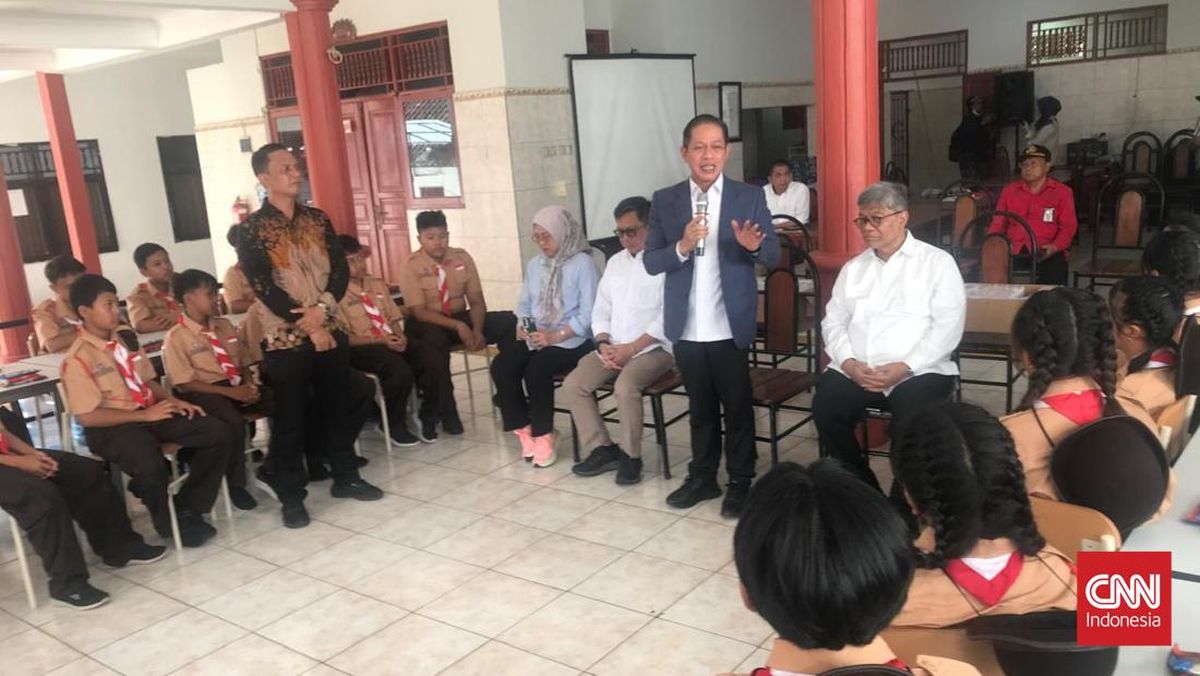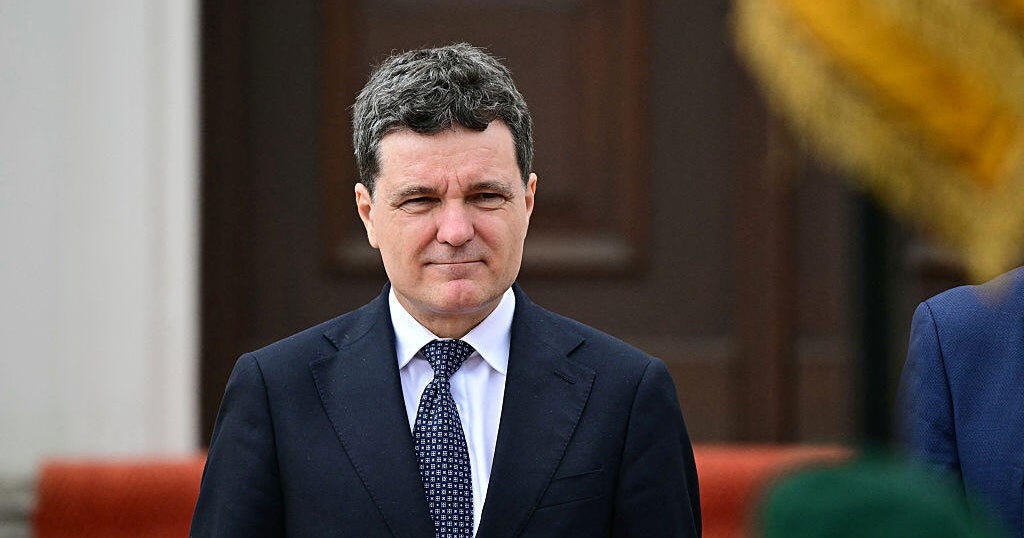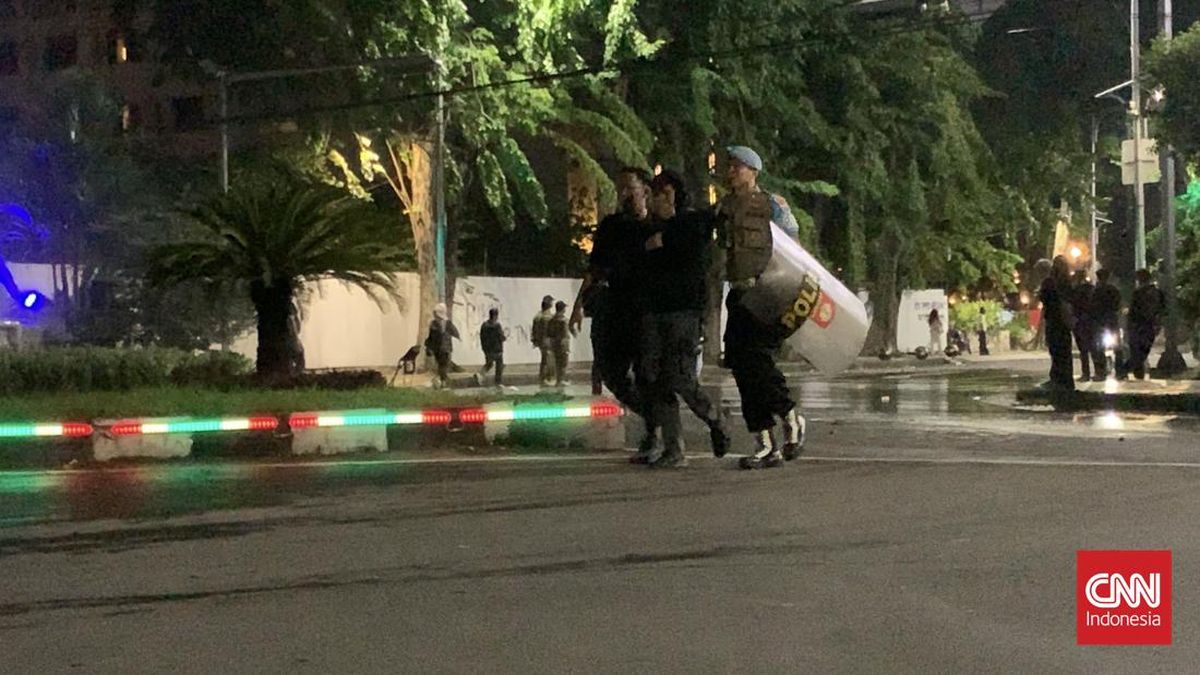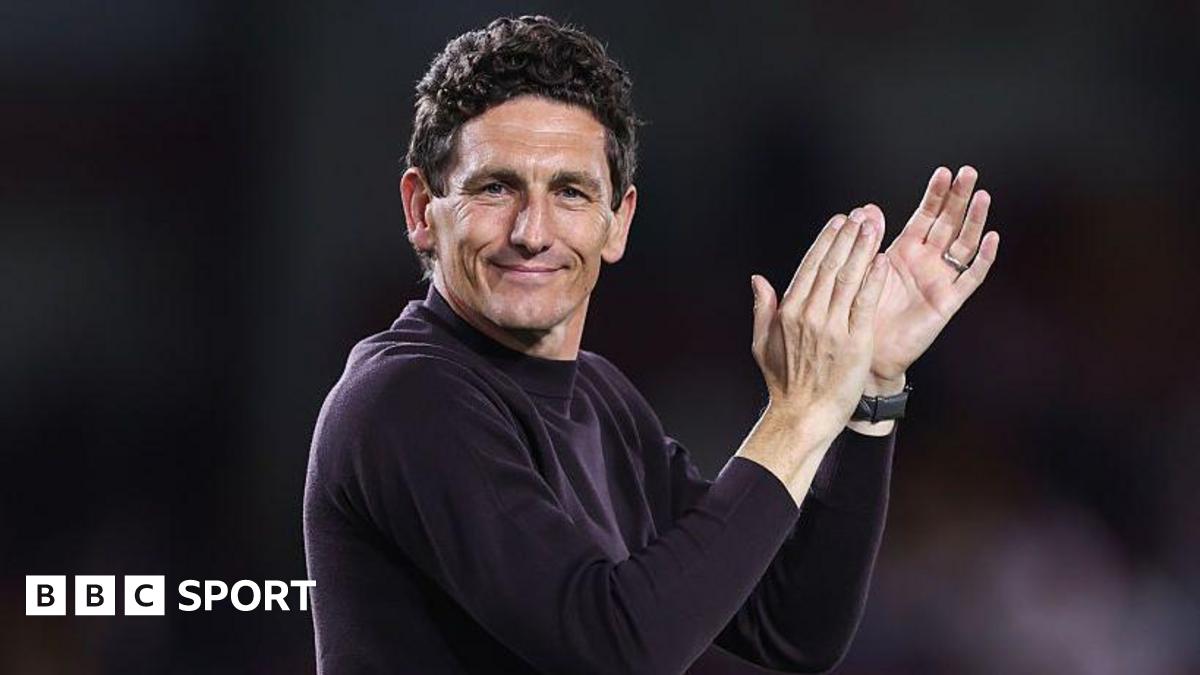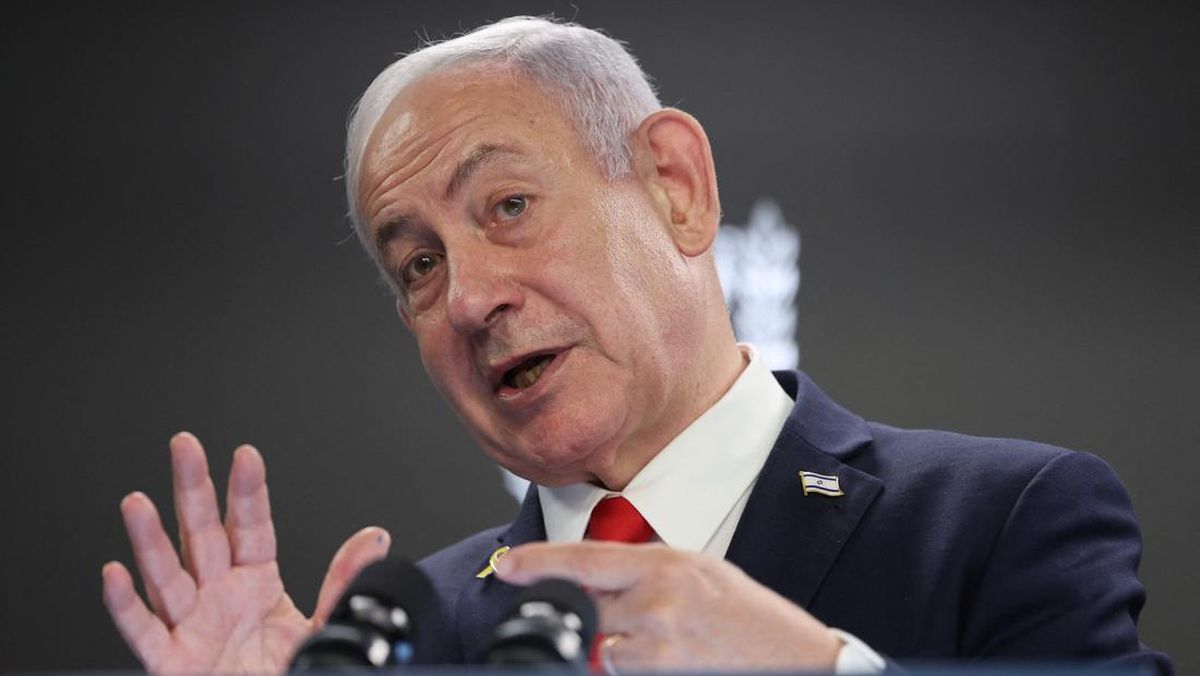It was time to move. The Australian Federal Police had received credible intelligence on the whereabouts of Masood Zakaria, one of Australia’s most-wanted fugitives. Almost a year after he allegedly fled Australia, Zakaria was within reach of law enforcement agencies in Turkey. But AFP officers in the country’s capital, Ankara, knew, given the Turkish government’s view on extradition, that bringing him before the courts in Australia would not be without its challenges.
“A number of options are potentially on the table,” Detective Sergeant Scott Murphy wrote to NSW Police counterparts in October 2022. “But the road maps, how we engage over here, and some risks, pitfalls and outcomes are very different.”
There were several options to consider. Would NSW Police request that Interpol issue a Red Notice – a global alert for his arrest? Did it have any desire to start down the long and litigious path of extraditing Zakaria back to Australia after his arrest in Turkey? Or, Murphy asked, did NSW Police, which had issued a warrant for Zakaria’s arrest over an alleged plot to murder a gangland rival and other offences, want the AFP to “push for” Turkish authorities to detain him over so-called “immigration matters” and have him deported on character grounds?

Masood Zakaria was brought back from Turkey in December 2023.Credit: Wolter Peeters
Three months later, in late January 2023, the conundrum of how Australian authorities could apprehend Zakaria was seemingly solved when the Turkish National Police’s organised crime unit arrested him along with Australians and foreign nationals accused of committing crimes in their home countries. Those allegations are yet to be tested in court as Zakaria’s cases are ongoing.
But rather than bring relief, his arrest sparked a mad scramble for the AFP, which was supposedly unaware of the details of the operation, to ensure its man stayed behind bars, pending his trials. In the days after the arrest, a senior detective in Ankara sent a widespread request to law enforcement for urgent intelligence on Zakaria. He had been marked for deportation and, without a reason to hold him, Turkish authorities could send him to a country of his own choosing. The AFP needed whatever intelligence was available within hours. The clock was ticking. Turkey would want to “remove those they have little on as soon as possible”, the detective wrote.
Within days Zakaria’s Australian passport was in the hands of Turkey’s Presidency of Migration Management (PMM), via NSW Police and the AFP, and his Afghani passport had been confiscated.
By March, authorities could breathe easily again. The PMM assured the AFP that Zakaria would remain in detention for the foreseeable future, Murphy told his colleagues in an email. If that was expected to change, migration authorities would inform the AFP.
But unbeknown to the contingent of high-ranking law enforcement and government officials involved in Zakaria’s arrest and eventual deportation, their involvement would form the foundations of an unprecedented legal saga. By the time Zakaria arrived at Darwin’s RAAF base aboard a chartered Airbus A319 (which his legal team says cost the taxpayer more than $1 million) in December that year, the decisions that now threaten to derail his prosecution, and have cast doubt over several other high-profile prosecutions, had already been made.
‘Kidnapped by the AFP’
On Friday, after months of legal argument and the release of troves of documents, Zakaria’s District Court trial to test allegations he conspired to murder gangland rival Ibrahem Hamze was formally vacated amid extraordinary allegations the AFP facilitated his illegal deportation from Turkey in December 2023. Four days earlier the Supreme Court vacated his trial for charges of murdering father and son Toufik Hamze, 64, and Salim Hamze, 18, in 2021. The vacations mean the trials, which were expected to run for several months between them, have been postponed while more material is provided to the courts to address the abuse-of-process allegations levelled at the AFP.

The outcome of the Zakaria case may have implications for other prosecutions involving deported suspects.
Zakaria’s legal team is pursuing a permanent stay of proceedings against the 30-year-old, who has been charged with a raft of offences including two counts of murder and accessory after the fact to murder, conspiracy to murder, knowingly directing a criminal group, dealing with more than $100,000 worth of property suspected of being the proceeds of crime, participating in a criminal group, and breaching a serious crime prevention order.
If his lawyers succeed in staying the proceedings, Zakaria, who is being held in Australia’s highest security prison, Goulburn Correctional Centre, could walk away from all charges. His lawyers have described the case against him as “doomed to fail”.
At the heart of the argument are allegations that the AFP facilitated Zakaria’s deportation in the knowledge it was illegal while his appeal against Turkey’s decision to remove him from the country was being considered. Zakaria’s appeal was dismissed on February 7, 2024 – more than two months after he returned to Australia and was arrested and formally charged.
“He’s already been kidnapped by the AFP,” Zakaria’s barrister Murugan Thangaraj, SC, told the Supreme Court this month. “And the AFP knew that they could not act until the appeal process was completed.”
In an affidavit filed in the Supreme Court and obtained by the Herald, Zakaria’s solicitor Mohammad Chahine alleges NSW Police helped facilitate Zakaria’s deportation by providing his Australian passport to the AFP with the knowledge it would be given to Turkish migration authorities.
On February 7 – just over a week after Zakaria’s arrest – Murphy wrote to senior NSW Police and AFP officers that the AFP’s Ankara office was seeking to obtain Zakaria’s passport, which it intended to hand over to Turkish migration authorities to “facilitate his eventual deportation” from the country.
Five days earlier a lawyer from the federal attorney-general’s office had emailed Detective Senior Constable Lauren Bennett, who was involved in the criminal investigations into Zakaria, and another NSW detective, after reading media reports suggesting Australian authorities would attempt to have Zakaria deported, rather than apply for his extradition.

Zakaria’s legal team says the effort to bring him back to Australia in an Airbus A319 cost more than $1 million. Credit:
“Where an accused is returned to Australia via means other than extradition, this may give rise to an argument by the accused that their subsequent prosecution is an abuse of process. In particular, a prosecution may be challenged if it is claimed that the Australian government actively encouraged a deportation for another purpose, or was involved in the other country’s deportation decision,” the lawyer wrote. The lawyer suggested NSW Police review the law on abuse of process regarding extradition. Two days after Murphy’s request, Bennett sent Zakaria’s passport to Ankara.
“The passport is provided … with the intention to provide to the Turkish Presidency of Migration Management,” she wrote in an attached letter.
Chahine has questioned on what legal grounds NSW Police obtained Zakaria’s passport, which had been held at Parramatta Local Court’s registry since it was surrendered as part of bail conditions imposed in 2020. In other correspondence contained in Chahine’s affidavit, a senior AFP officer asked that the mention of “extradition” be removed from internal briefing documents related to Zakaria, noting that he would “likely be deported”.
Broken trust and a $1 million charter flight
While documents contained in Chahine’s affidavit shine a light on the AFP’s usually clandestine dealings with international law enforcement agencies and its methods to pursue high-value targets, they also reveal its perpetually strained relationship with NSW Police.
A briefing document prepared for the AFP’s Sensitive Investigations Oversight Board proposed two paths forward involving NSW Police. Option 1: the AFP briefs NSW Police on the logistics of Zakaria’s deportation in the hope local authorities split the estimated $650,000 bill to charter a plane for his return. Option 2: the AFP leaves NSW Police in the dark about the logistics of the deportation but requests that it share some of the cost to bring one of its most-wanted organised-crime figures home.

NSW Police had issued a warrant for Zakaria’s arrest over an alleged plot to murder a gangland rival.Credit: Police Media
Of great concern to the AFP was the risk that news of Zakaria’s approaching deportation and any proposed cost-sharing arrangements, if shared with NSW Police, would leak to the media.
“Inadvertent or deliberate disclosure in the public domain of any cost-sharing arrangement would create reputational, operational, legal and diplomatic risks for the AFP,” the senior officer who authored the document wrote. The risk of a leak was high, the officer said, noting the “contemporary strategic engagement challenges” in NSW, and NSW Police’s “historical operational security complexity”.
Equally important to the AFP was an outcome that would allow it to leverage its success in returning a high-value target to Australian shores.
That the briefing document itself and the cost-sharing options proposed may be leaked or be tendered in court as part of NSW Police’s brief of evidence against Zakaria was also a risk. If that happened, the document’s author warned, it could “imperil” the prosecution of Zakaria and pose serious risks to the high-profile prosecutions of other Australians deported from Turkey to face serious charges. The concerns further highlight the fraught relationship between the country’s two largest law enforcement agencies, which was damaged after the Dural caravan terror plot conspiracy.

NSW Police’s Dave Hudson was told of Zakaria’s likely deportation a month before it happened.Credit: Rhett Wyman
According to the document, on advice from Turkish migration authorities NSW Deputy Police Commissioner David Hudson was briefed in early November 2023 that Zakaria would likely be deported from Turkey. He was advised that any “inadvertent disclosure” of Turkey’s intentions may compromise the country’s internal processes.
While sharing the cost for Zakaria’s deportation – and the credit – would result in “some goodwill” between the agencies, the benefits would likely be short-lived and do little to improve the “currently fragile” relationship between the AFP and NSW Police. In the end, the board, made up of some of the AFP’s most senior officers at the time, including current commissioner Krissy Barrett, endorsed the second option.
“The AFP will lead and maximise strategic communication outcomes available from Zakaria’s return,” the senior officer wrote.
“The AFP can further maintain its narrative on leading international police engagement on behalf of state and territory police services, able to deliver outcomes on the most difficult and challenging targets – returning them to Australia for state counterparts.”
When Zakaria touched down in Darwin four days later, the AFP would take the credit for his return.
Lawyers acting for the AFP and other government agencies sought to keep the contents of Chahine’s affidavit from the public for several weeks, until non-publication orders over the documents were revoked on Monday. Zakaria’s legal team maintains that material requested in several subpoenas, on top of about 1400 pages handed over, has not yet been provided. Further subpoenas are expected to be issued.
Loading
Now, authorities are bracing for the implications of a successful application for proceedings against Zakaria to be permanently stayed, which could trigger a flurry of challenges to high-profile prosecutions in cases where alleged offenders have been deported from Turkey.
Authorities will continue to argue Zakaria’s arrest and return to Australia was done by the book. His lawyers believe the material they expect to uncover will only strengthen their case. Either way, the saga has brought unwanted attention to the inner-workings of the AFP’s most sensitive operations and will almost certainly have implications for how it operates in the future. Whatever the outcome of the proceedings, both sides are expected to exhaust all appeal avenues against any decision handed down in an ongoing legal fight that could travel as far as the High Court of Australia.
Get alerts on breaking news as it happens. Sign up for our Breaking News Alert.



